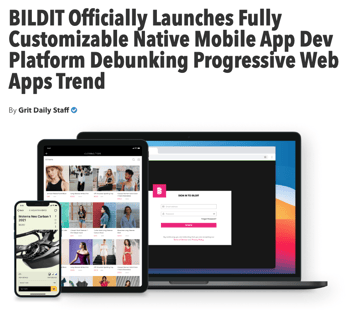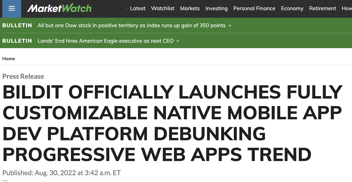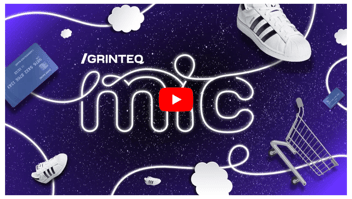How parents are using mobile apps to their advantage
When the first 500 apps were launched in the Apple Store in 2008, the ambiguous internet was still something parents very much feared. Children were warned of stranger danger and were infamously scolded for texting at the table. Jump forward to 2022, and those unruly teens who were told to get off MySpace are now raising children of their own.
As Boomers turn from parents to grandparents, Gen X-ers, Millennials, and even older Gen Z-ers take on the parental role. Today’s parents aren’t just familiar with technology, but many of them are digital natives.
For those who grew up with apps, integrating them into parenting is intuitive. Parents expect apps that not only meet their needs but can help their children as they get older.
Baby Tech

From baby monitors to fertility apps, baby tech is a fast growing industry quickly nearing $50 billion. Not only are young parents likely to turn to apps to meet their baby shopping needs, but they’re also using them to help with parenting.
In 2020, Pampers™ launched Lumi, a system that tracks babies’ sleeping. It alerts the parent of occurrences via an app on their phone. The app also offers insights on how to help babies maintain sleep schedules and fall asleep more easily.
With people utilizing apps to solve problems both big and small, it seems fitting that apps should find a way to serve us in one of life’s biggest challenges: parenting.
Teens and apps
We’ve moved far beyond the expectation that teens abstain from technology. In 2022, parents are looking for ways that teens can use apps safely––and even use apps to increase their safety.
For quick service restaurants and retailer apps, parents can preload their credit card information. This means teens can safely and securely order food or other necessities while away from their parents.
Since 2017, Uber offers family profiles. Parents can include their teens on their family plans and track their rides. Having access to uber could mean fewer questionable carpools and drunk driving incidents.
Ease of use

One of the most important qualities parents search for in their retail experiences is ease. For parents that have their hands full both literally and figuratively, it can be cumbersome to deal with apps that aren’t optimized.
Our CEO, Matt Hudson, faced this problem firsthand with the birth of his first daughter. He struggled to make a purchase on his phone, attempting to enter an address and credit card information while rocking an upset baby. He thought: wouldn’t it be easier if this could be done in one click?
BILDIT was developed fundamentally from a parent trying to solve a problem. There’s a reason that optimizing an app with native checkout, intuitive UX, and fast loading increases conversions. When an app is easier to use, people use it more and people spend more.
At BILDIT, we’re helping retailers simply and affordably create apps with optimal ecommerce features. We are proud to be offering free proofs of concept––that means you’ll be able to show your team a real, working version of your app before committing. Book a meeting with us here to see if you’re eligible (Salesforce Commerce Cloud users automatically qualify!).
[images by Jelleke Vanooteghem and Ranier Ridao]












